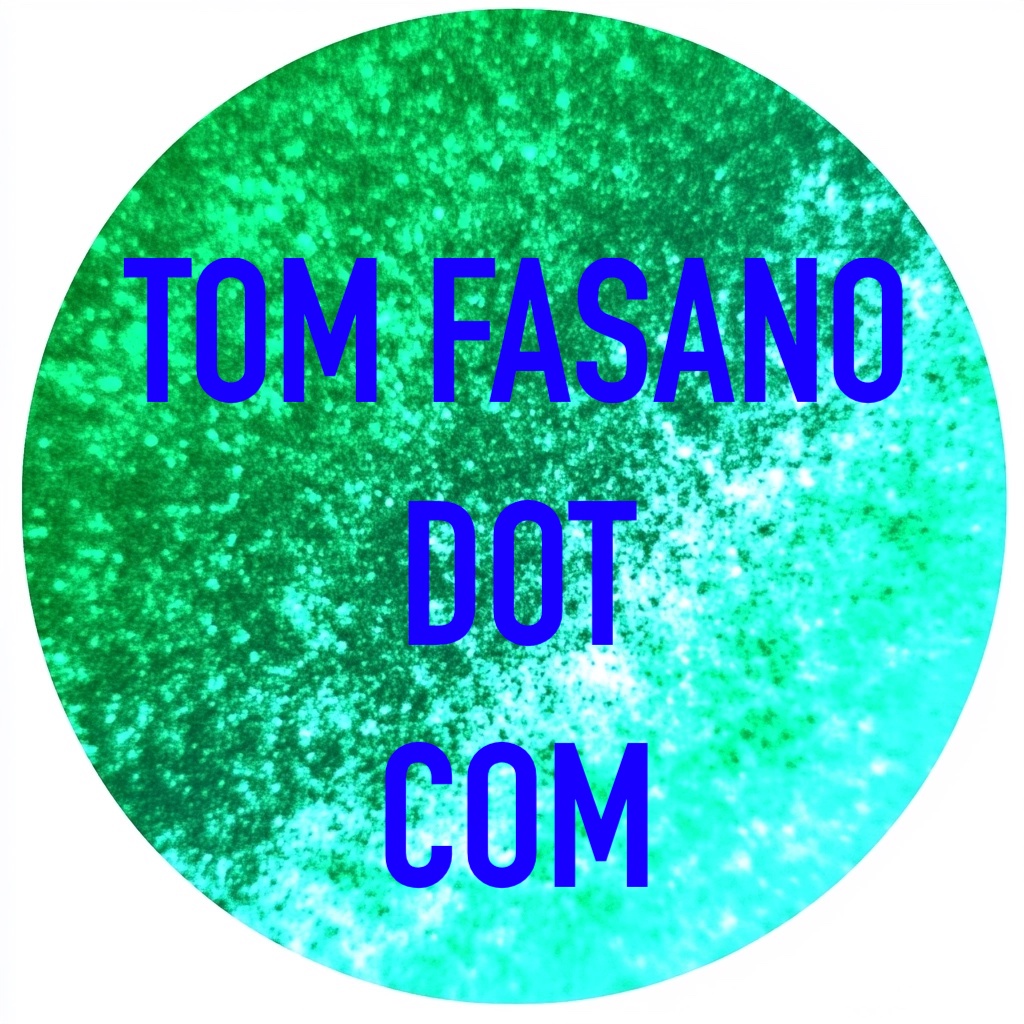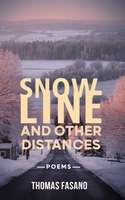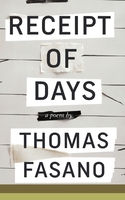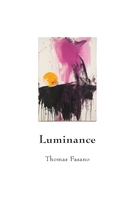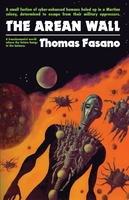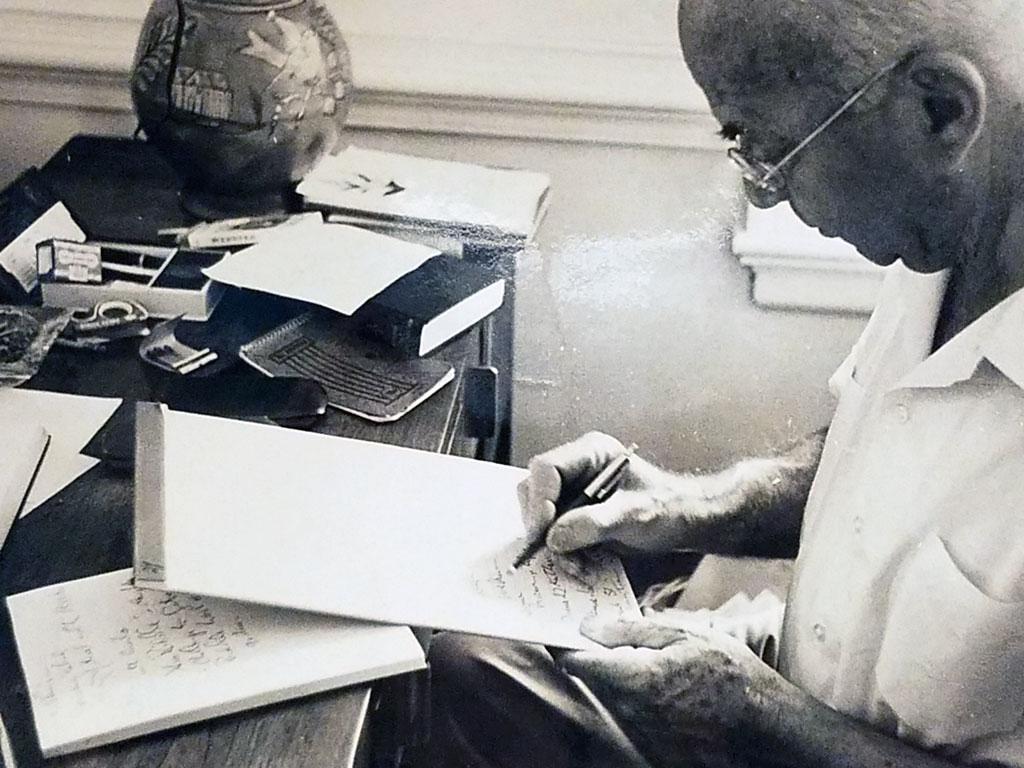
Hailed as a masterpiece on its original publication in 1921, Three Soldiers is a gripping exploration of fear and ambition, conformity and rebellion, desertion and violence.
Part of the generation that produced Ernest Hemingway and Ford Madox Ford, John Dos Passos wrote one of the most grimly honest portraits of World War I. Three Soldiers portrays the lives of a trio of army privates: Fuselli, an Italian American store clerk from San Francisco; Chrisfield, a farm boy from Indiana; and Andrews, a musically gifted Harvard graduate from New York. Hailed as a masterpiece on its original publication in 1921, the novel is a gripping exploration of fear and ambition, conformity and rebellion, desertion and violence, and the brutal and dehumanizing effects of a regimented war machine on ordinary soldiers.
In Three Soldiers, he introduces readers to a Harvard aesthete who joins the army out of idealism and his two buddies. Their illusions crumble under the tyranny, red tape, and boredom of the military one by one. The soldiers’ reactions range from bitterness to rage, and—for one—murder, in this vivid portrayal of the human spirit caught in the grip of war.
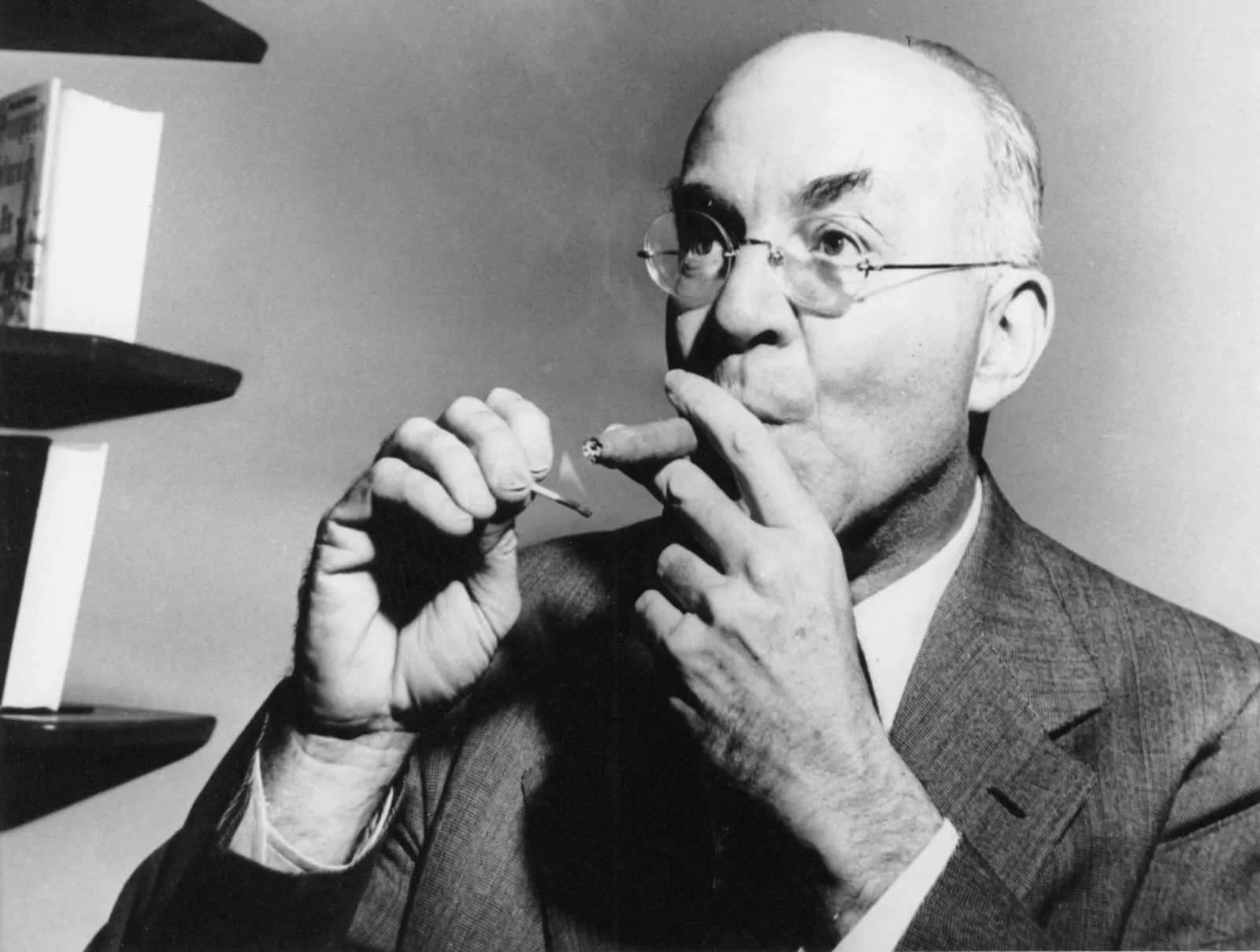
The defining moment in the life of John Dos Passos came between August 16 and 20, 1917, when he experienced combat firsthand as an ambulance driver in France at the Battle of Verdun. Three days later he wrote to his friend Rumsey Marvin:
The war is utter damn nonsense—a vast cancer fed by lies and self seeking malignity on the part of those who don’t do the fighting.
Of all the things in this world a government is the thing least worth fighting for.
None of the poor devils whose mangled dirty bodies I take to the hospital in my ambulance really give a damn about any of the aims of this ridiculous affair.
Before his wartime experiences, Dos Passos had only intellectualized his feelings of rebellion nurtured at Harvard, and later embellished during his bohemian days in Greenwich Village with its political radicals such as John Reed. These were heady days for someone who wanted to work in the arts. Dos Passos saw the Armory Show, which introduced Americans to the work of Picasso and Matisse; he attended performances of the Ballets Russes; and he was deeply affected by the literary radicalism of the poets Ezra Pound and T.S. Eliot.
He had become a pacifistic, but knew that for a young man hoping to be a writer, he must experience the war firsthand. He volunteered for an ambulance unit and shipped to France on June 20, 1917. Near the end of July he joined a section of drivers headed toward the front. What he saw there was, he wrote in one of his journal entries, “horror . . . so piled up on horror that there can be no more. How damned ridiculous it all is! . . . All the cant and hypocrisy . . . all the vestiges of the old truth now putrid and false infect the air, choke you worse than German gas — the ministers from their damn smug pulpits, the business men — the heroics about war — my country right or wrong — Oh infinities of them!”
